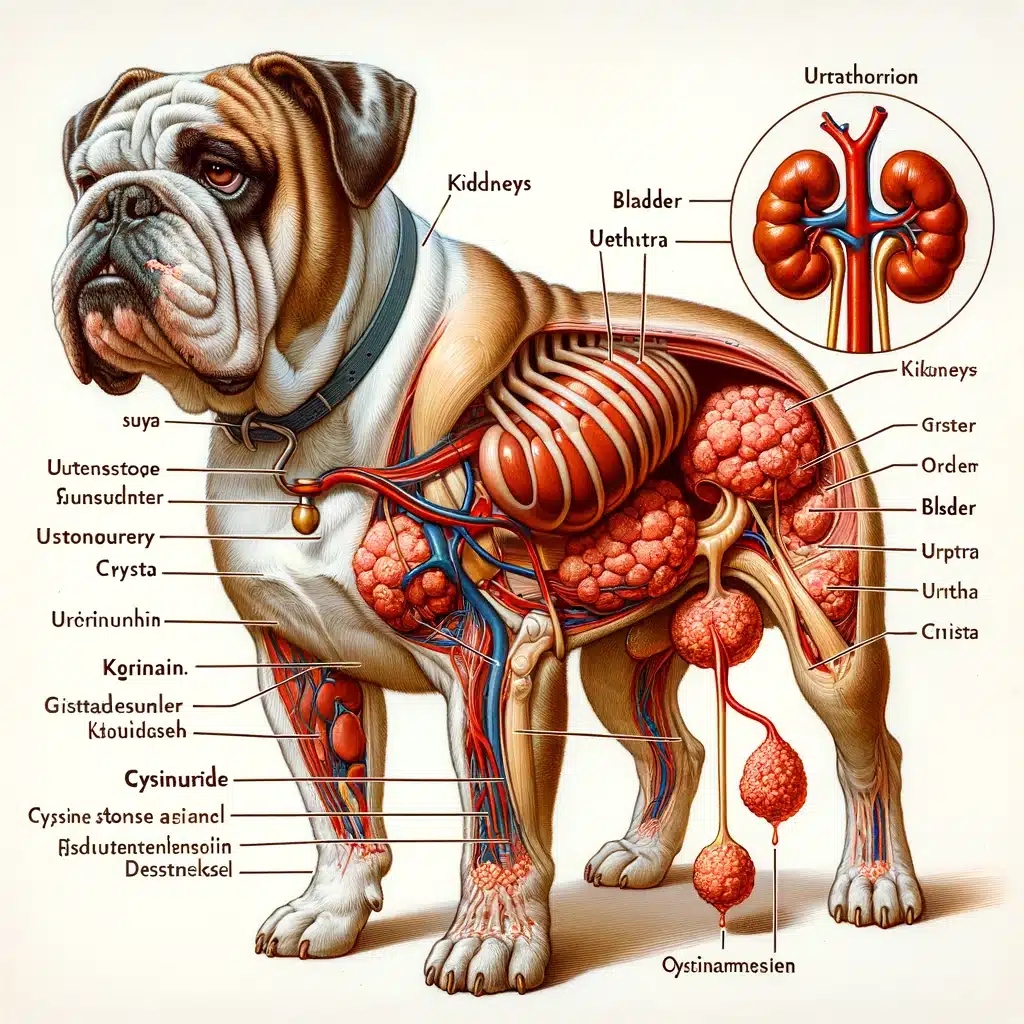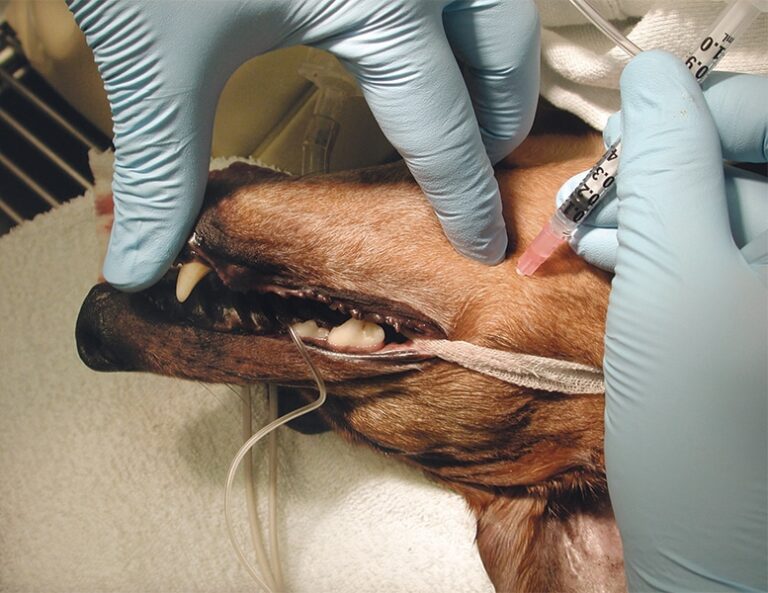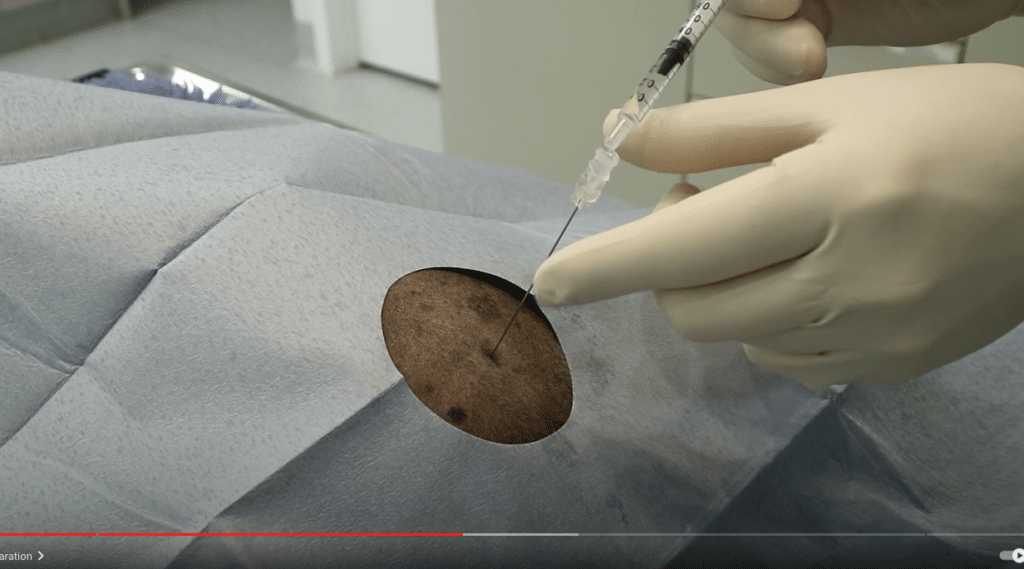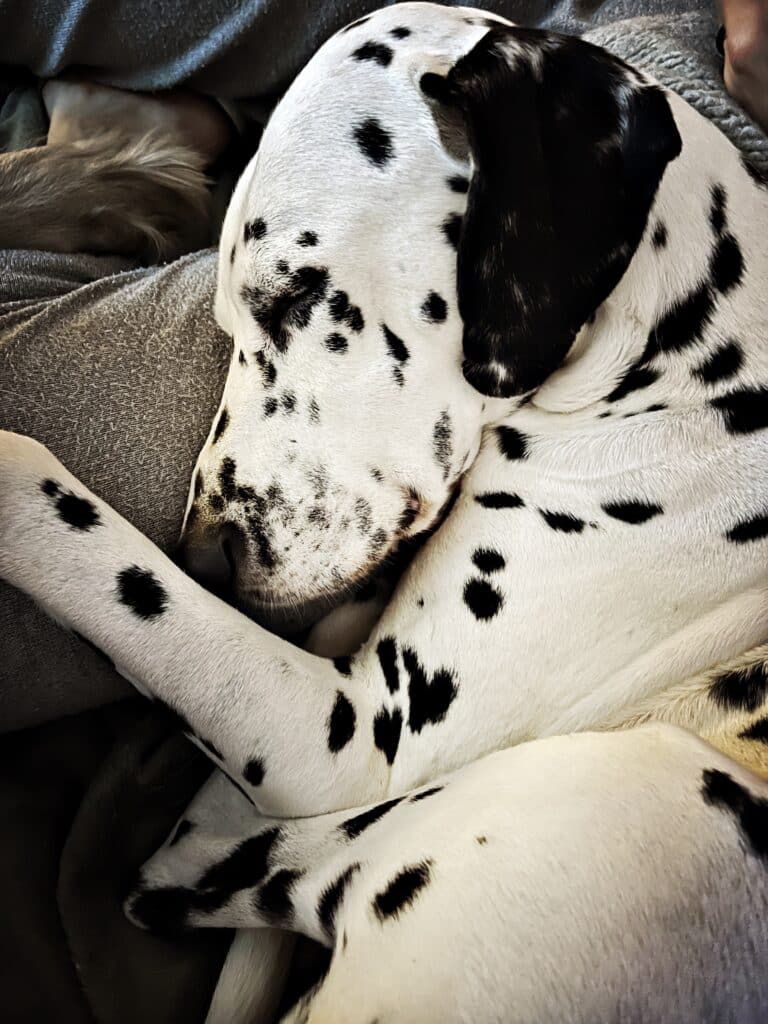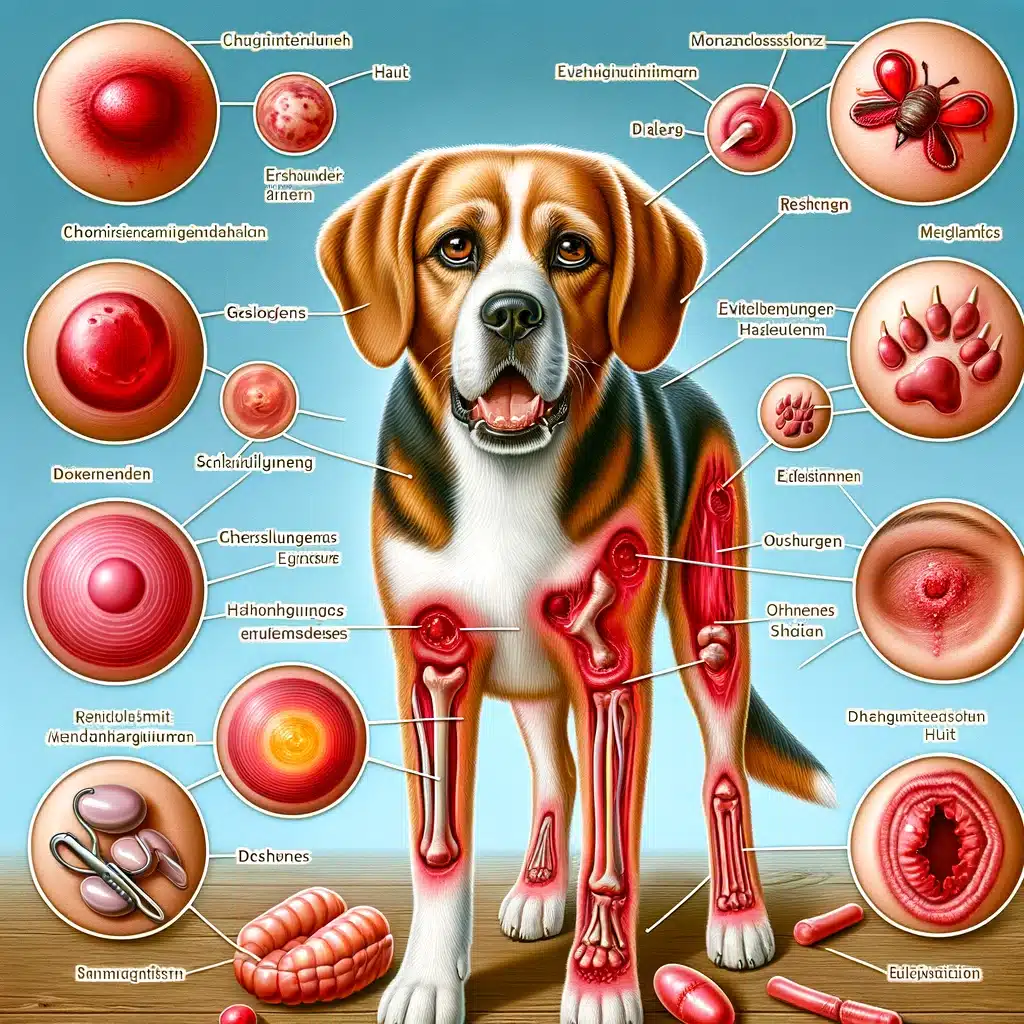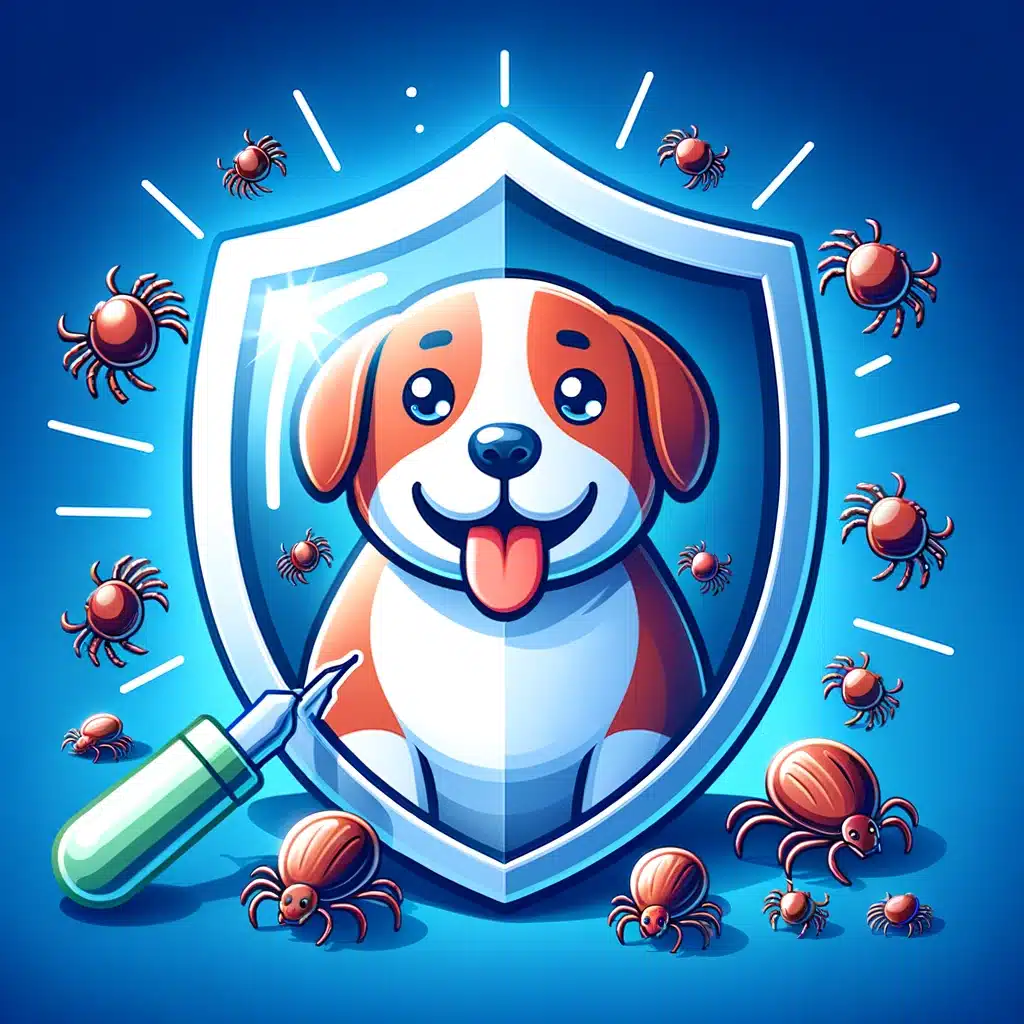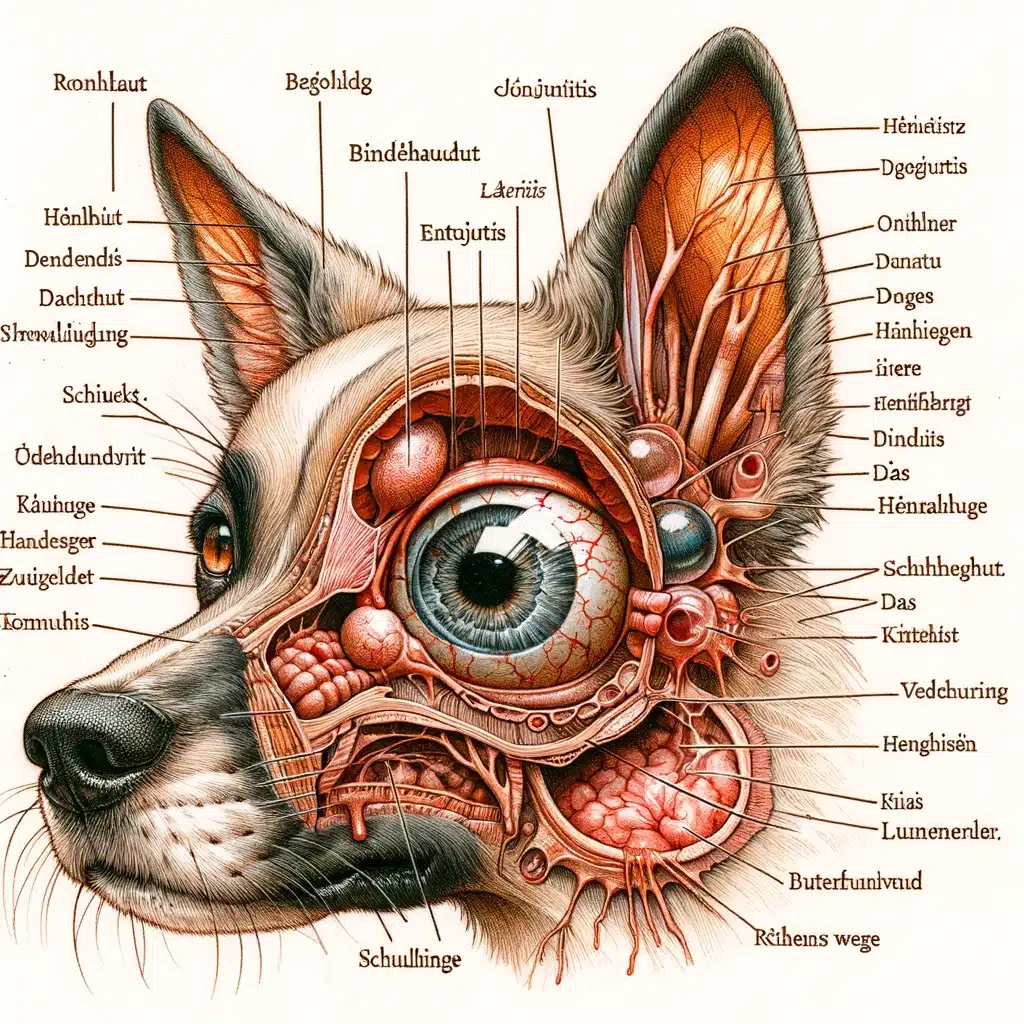Poodle diseases
The Poodle is one of the most popular dog breeds in the world and impresses with its intelligence, versatility and friendly nature. In this article you will learn everything you need to know about the different types of poodles, their characteristic features and how you can best care for your loyal pet.


